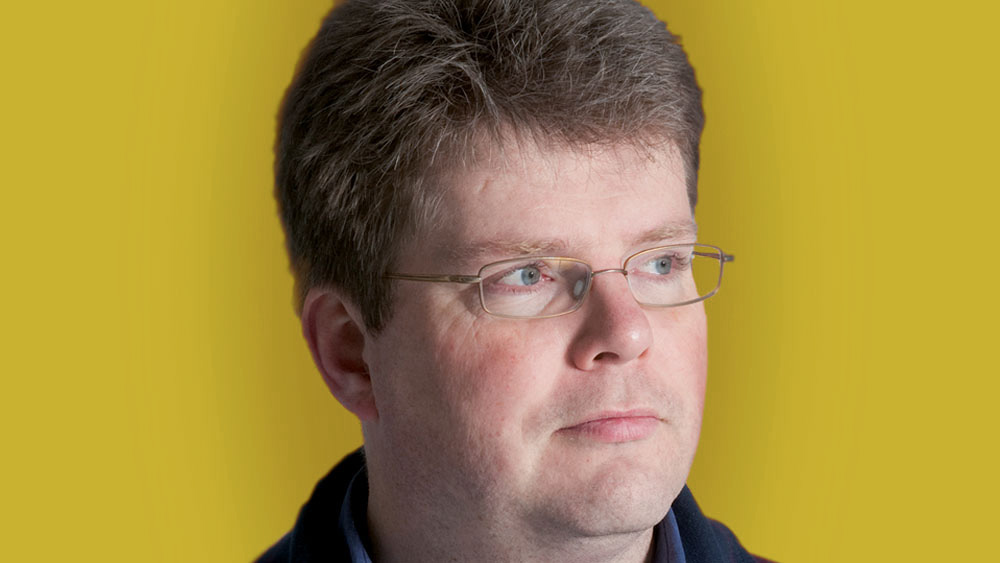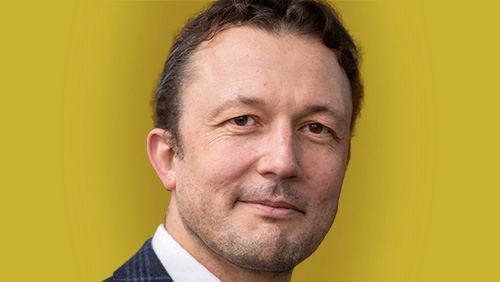As traditional Dutch money-making industries erode, there’s an alarming lack of urgency in fostering new ones, Anton Duisterwinkel argues.
Finally, we have a governmental program. This one, produced by the Schoof cabinet, hardly differs from any of the previous programs, in that it focuses mainly on how to distribute our wealth more or less fairly. Securing that wealth, securing our economic strength, gets only limited attention. Nobody seems to realize that we’ve just been forced to kill off or dramatically reduce two major sources of income: natural gas and agriculture. The government acts as a family where mommy and daddy just lost their jobs and decide where to go on the next holiday destination. Bali or Rio, what’s it gonna be? Rutte and friends have trained us for decades in head-in-the-sand policy, and we prove to be excellent students at that.
In fact, the daughter and son in our fictitious family may also lose their jobs soon. Traditionally strong Dutch industries, generating significant profits and exports, are the (petro)chemical industry and the food industry. The high energy costs in the Netherlands are killing both softly, and the decline in agriculture will have a ripple effect on the food industry as well. Soon, our choice won’t be Bali or Rio, but eat or heat. That may sound strange, but it’s the harsh reality already in most of the UK.
Luckily, several new opportunities are arising in our country. Notably, the (high-tech) manufacturing industry is growing fast and steadily. Also, AI and data science are applied by many of the 250 companies that are growing most quickly. Green chemistry and biotech offer solid opportunities. And, lo and behold, the technologies needed for these industries are all mentioned in the National Technology Strategy.
However, simply mentioning the relevant technologies in a document isn’t enough to let these new industries reach their full potential. In fact, technology alone is by far not enough. A new economic profile of the Netherlands requires a radical new educational system to ensure that our children can function in these new jobs. In the short run, we need more, not less, international talent. The new or renewing industries need space, licenses to operate, electricity, clean water and so on. Not in ten years, but now. New laws are needed to ensure that green chemistry has a level playing field with the fossil industry.
Most importantly, this industrial transition requires a new self-image of our country. No longer are we a country of traders and preachers, we’re an industrial country. Science and technology are often called our only natural resources. However, we can’t repeatedly sell science or technology. They need to solidify in products and services. Products that we manufacture or produce locally and that ensure our national income and strategic autonomy. This requires a radically new approach to valorization of academic knowledge.
In short, we need an industry policy that encompasses the realms and authorities of many ministries and involves many societal parties. Operation Beethoven doesn’t nearly fill this gap, as it focuses only on one of ten technologies, on one out of ten regions with high potential and on the first four years, where a forty-year plan is needed. In short, Operation Beethoven misses the mark by a factor of 10 × 10 × 10 = 1000. Well, the first step is only a small part of the full journey, a wise man once said.
For the sake of our children, I sincerely hope that all future governmental programs contain a solid and consistent industrial policy.



